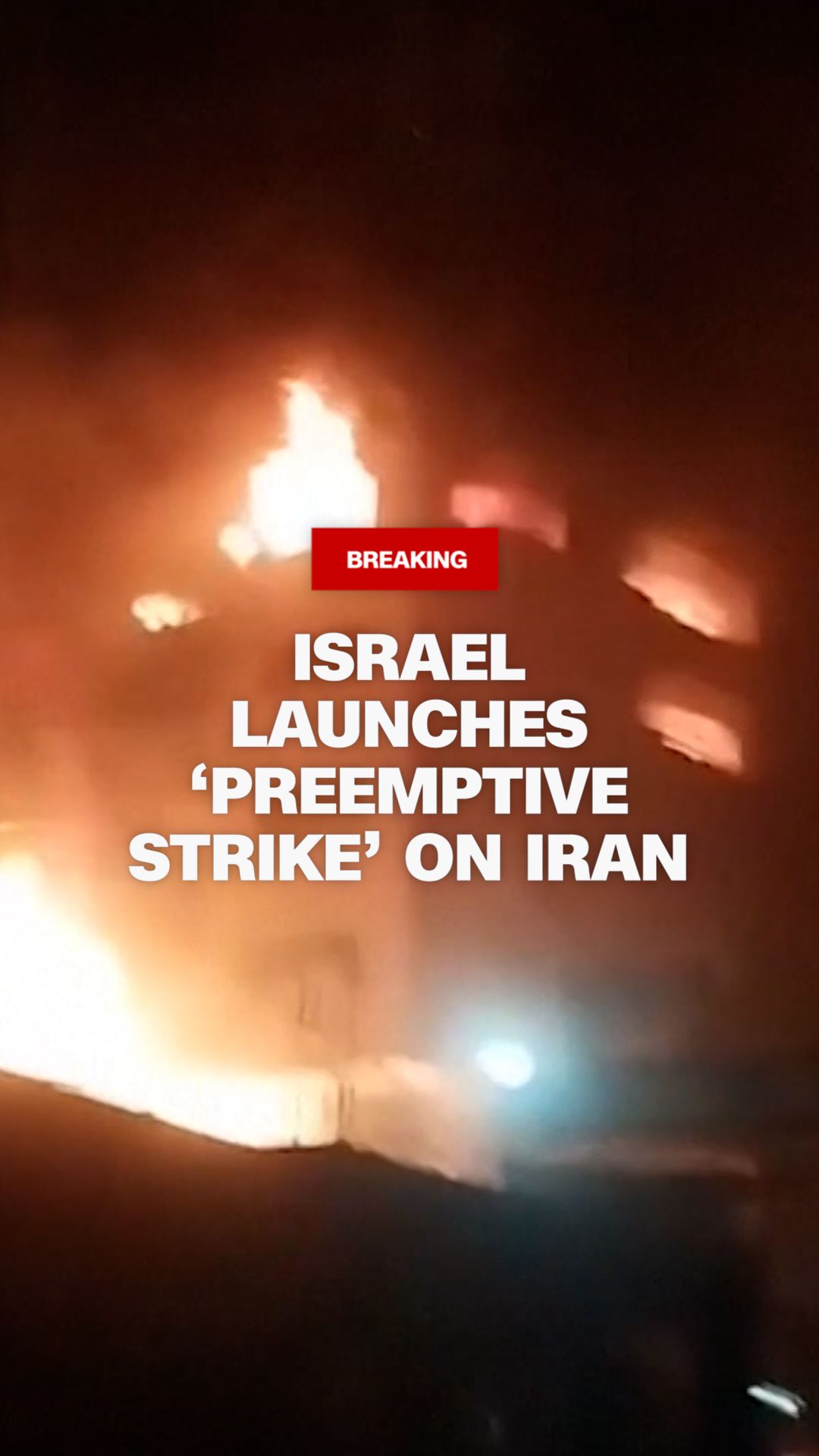
Inside a dim New York courtroom, a weary jury box shows tense, divided jurors exchanging sharp glances, one seat conspicuously empty to suggest a juror’s departure. In the foreground, a judge’s gavel rests beside legal documents stamped “Mistrial” and “Retrial Pending.” A shadowed figure in a suit sits at the defense table, face obscured to avoid identification, flanked by attorneys and stacks of case files labeled with different case names and dates. The atmosphere is heavy with conflict and uncertainty, cool dramatic lighting, muted tones, press cameras blurred in the background, conveying prolonged legal battles and a split verdict.
Summary
Harvey Weinstein’s New York retrial produced a split outcome and exposed deep jury discord. Jurors convicted Weinstein of sexually assaulting Miriam Haley and acquitted him of charges related to Kaja Sokola, but deadlocked on whether he raped Jessica Mann in 2013. After a juror refused to continue amid escalating tensions and allegations of intimidation and bias, the judge declared a mistrial on the Mann charge. Manhattan District Attorney Alvin Bragg pledged to retry the unresolved count, setting the stage for a potential third New York proceeding. The retrial followed the overturning of Weinstein’s 2020 New York conviction and comes alongside his separate 16-year sentence from Los Angeles; Weinstein maintains all encounters were consensual.
Key Points
- Jury convicted Weinstein for sexually assaulting Miriam Haley, acquitted him regarding Kaja Sokola.
- Deadlock on Jessica Mann rape allegation led to a mistrial on that count.
- Jury deliberations were fraught with conflict, misconduct allegations, and safety concerns.
- DA Alvin Bragg plans to retry the unresolved rape charge, extending legal battles.
- Weinstein’s 2020 New York conviction was overturned; he remains convicted in Los Angeles.